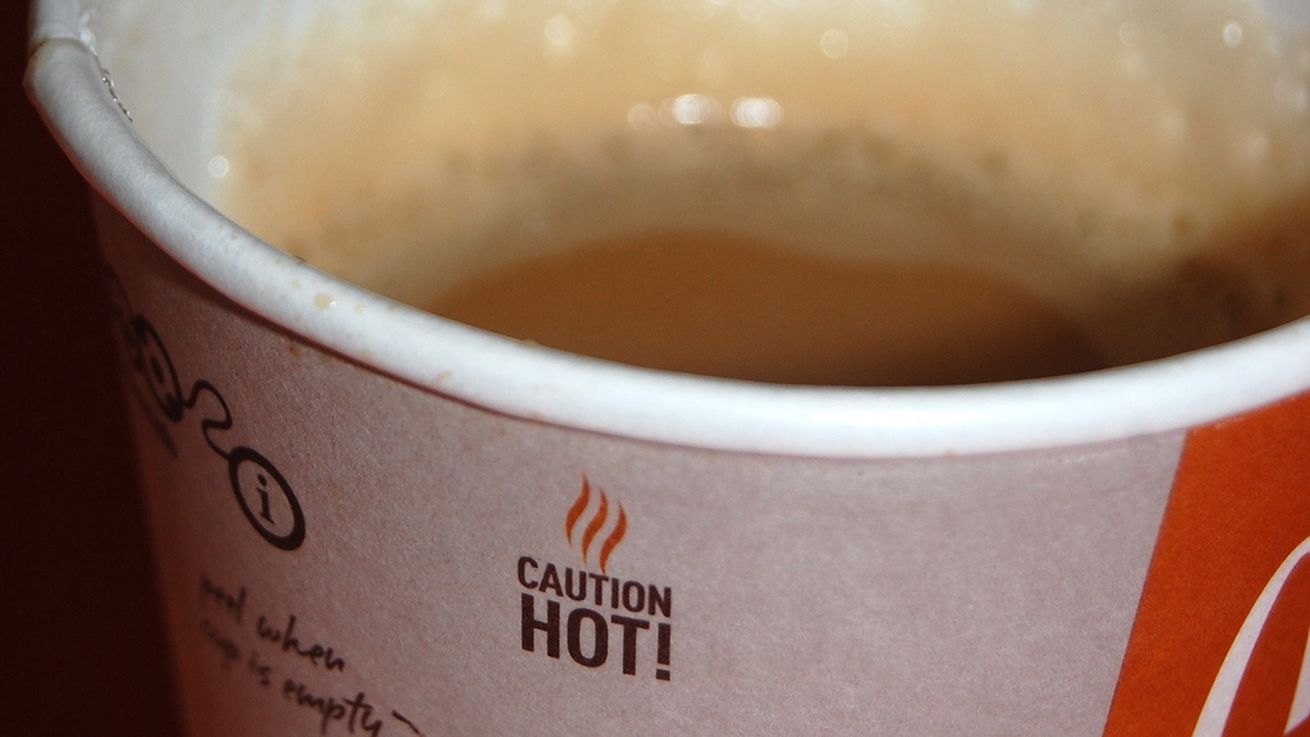Ahhhhh, the infamous case of the hot McDonald’s coffee. Everyone has heard of it. The hot coffee, which spilled in 1992, has become something of folklore in United States culture. Most people know two facts about the case:
- A woman spilled hot McDonald’s coffee on herself.
- She sued and was awarded $2.7 million.
If only legal proceedings were that simple. This case furthered the idea that people were becoming “sue-happy” and if you are ever so slightly inconvenienced then you could potentially be awarded big money.
HOT! HOT! HOT!
The reality of the situation is not that the plaintiff, Stella Liebeck, was just mildly annoyed by the hot coffee spilling, she was seriously injured. She suffered third-degree burns on her inner thighs, buttocks, genital, and groin areas. In some areas, the burn went as deep as subcutaneous fat, muscle, or bone (photos are not for the faint of heart). Liebeck spent eight days in the hospital undergoing skin graft and dead tissue removal treatments. The whole incident left her permanently disfigured and disabled for 2 years. Liebeck reached out to McDonald’s and asked for $11,00 to help cover her medical expenses. McDonald’s refused.
But, everyone knows coffee is hot.

Everyone knows coffee is served traditionally hot, but how hot is too hot? McDonald’s serves coffee at approximately 190 degrees, liquid that hot can cause a third-degree burn in 1-3 seconds. Furthermore, McDonald’s had been made aware for years that its coffee was causing serious injury to its consumers, yet they negligently refused to reassess and lower the temperature at which it was served. Lucky for citizens of the United States, we have laws protecting us against such negligence.
Perfect Brew
The resulting lawsuit was a highly criticized media frenzy. The combination of Liebeck’s serious injuries and McDonald’s history of negligence led the jury to find McDonald’s liable and awarded Liebeck $2.7 million in punitive damages. The exorbitant figure intended to send a message to large corporations that their negligence would not be tolerated by the public. Eventually, the judge reduced the award to approximately $600,000, but the damage had been done. Instead of the public holding McDonald’s accountable, Liebeck became villainized as the money-hungry consumer. Unfortunately, the only message received was “spill coffee, win millions”. For a more in-depth look at the case, check out the article “The McDonald’s Coffee Lawsuit” by Keven G. Cain in the Journal of Consumer and Commercial Law.

If you’ve been injured by another party, make sure you know your rights. Contact us to have a free personal injury consultation with an experienced attorney.

